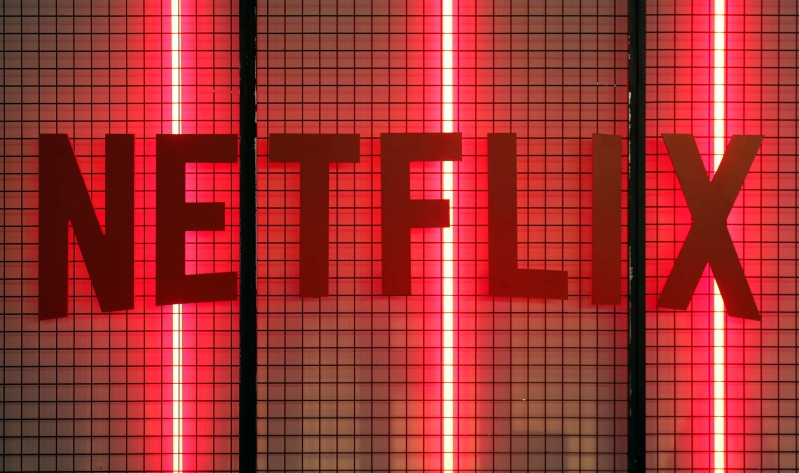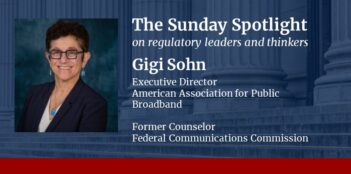
The growing popularity of online video streaming forces the issue of network usage fees.
What future does net neutrality have in South Korea?
This question lies at the heart of a lawsuit over network usage fees, which was exacerbated by Squid Game, Netflix’s most popular show ever. The outcome of this lawsuit could ultimately shake up the traditional business model for content providers in South Korea.
The dispute exists to answer the question of whether SK Broadband, a South Korean internet service provider, can lawfully charge usage fees to Netflix for the large volume of video content provided through SK Broadband’s network.
SK Broadband and Netflix contract to bring video content to South Korean consumers. SK Broadband acts as the intermediary between Netflix and consumers: Consumers pay SK Broadband to use the internet, and Netflix uses SK Broadband’s network to send its video content to its subscribers.
Video content takes up large volumes of information, or bandwidth, on the internet. Too many requests to stream video at once can create a traffic jam of data that results in slower internet speeds for everyone on the network. The costly burden of managing this network traffic falls on internet service providers.
The popularity of shows such as Squid Game combined with increased viewership during the COVID-19 pandemic has caused an exponential jump in Netflix’s data traffic in South Korea. Netflix accounts for about 5 percent of South Korean internet traffic, second only to Google and its subsidiary, YouTube.
In early October, SK Broadband filed a claim against Netflix demanding that Netflix pay network usage fees in light of increased network traffic from its streaming services. Many content providers, such as Apple, Facebook, and Naver, already pay network usage fees to internet service providers in South Korea to make up for the increased costs of their network traffic.
The October claim follows from a lawsuit that Netflix previously filed against SK Broadband to avoid paying a fee, which Netflix lost in the Seoul Central District Court in June. In the original claim, Netflix v. SK Broadband, Netflix invoked a net neutrality argument—based on the idea that internet service providers should treat all content equally—and argued that SK Broadband would discriminate against Netflix by imposing high network usage fees. Netflix also argued that SK Broadband should cover the increased costs of network traffic since it has an obligation to provide internet services to its customers.
SK Broadband argued that Netflix had gained an unfair advantage by increasing its revenue from new memberships while pushing the increased costs of video streaming onto SK Broadband. SK Broadband also refuted Netflix’s argument that traffic costs fall under the obligation of internet service providers. Instead, SK Broadband argued that it possesses a network that it allows Netflix to use and that it has a right to negotiate with Netflix for a fee.
The court ultimately sided with SK Broadband and held that SK Broadband had a right to charge Netflix a network usage fee. The court cited principles of freedom of contract and fairness before concluding that SK Broadband could reasonably request a fee.
Following Netflix’s loss, SK Broadband demanded that Netflix pay $22.9 million for network use in 2020 alone. Netflix apparently had not paid the full amount, so SK Broadband filed its counterclaim in October seeking a court order that Netflix pay based on the June decision.
Although Netflix has appealed the June decision, that decision is significant because it marks the first time that a court in South Korea has recognized the right of an internet service provider to charge a network usage fee to a content provider.
South Korean law already allows for network usage fees through a 2016 framework of network interconnection and compensation and a 2020 amendment to the Telecommunications Business Act. But now, the judicial recognition of this right gives internet service providers leverage to negotiate higher fees.
The effects of the case have already rippled across the content provider industry. For example, Disney postponed launching Disney+ in South Korea until November to reconsider its business strategy in the wake of Netflix’s court loss. Disney eventually decided to pay network usage fees in South Korea.
Content providers can avoid network usage fees by setting up their own servers, which allow them access to users without an internet service provider. This strategy, however, could create another controversy because smaller, often local, companies that cannot afford to set up servers could get pushed out of the market.
Just the concept of a network usage fee stirs up controversy. Some South Korean scholars and civic organizations argue that network usage fees create an opportunity for internet service providers to increase prices artificially and reap monopoly profits. Some scholars also declare that charging content providers for access creates a “pay to play” regime that threatens principles of freedom of speech.
On the other hand, some scholars argue that deviations from network neutrality, such as a network usage fee, would not necessarily harm consumers. They posit that forcing network neutrality on internet service providers would stifle the innovation of new broadband technologies.
Even though the final result of Netflix’s battle with SK Broadband remains to be seen, the June decision has tipped the scales against content providers and in favor of internet service providers. As Netflix’s appeal makes its way through the court system, scholars, civic organizations, and content providers around the globe will be watching closely to see whether net neutrality will prevail over other economic and policy considerations in South Korea.



